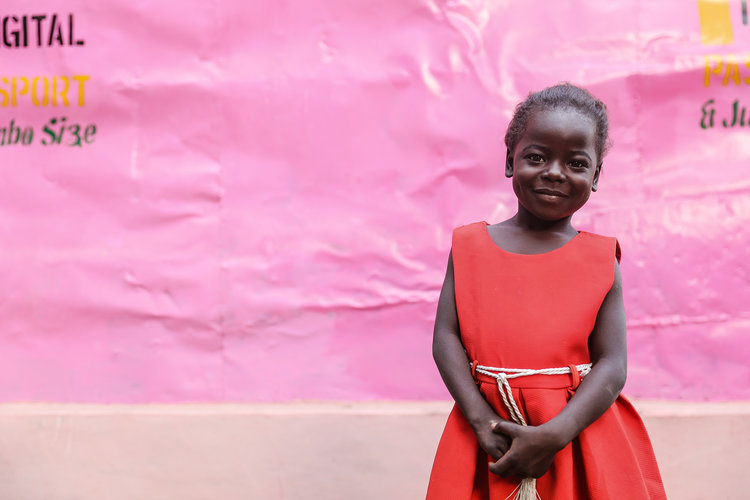Having left her hometown in Borno State in 2013, at the height of violent extremist activity in the region, Fati Abubakar continued to track the news, looking at what was happening, and how the situation was being reported. She noticed that much of what she saw focused on reporting bad news, and omitted stories about people showing strength and determination in the face of these challenges.
“What the media is reporting is the reality, but, there was also another side of the story. There is life in a conflict. People become stronger, sometimes, because of the adversity that they face.”

Fati has spent significant time documenting the everyday life of people in her community, to add nuance to stories of those who had survived the devastation that was so often the focus of reporting.
“This is what they’re doing. They’re going to school. There’s a wedding. Of course, there’s a bomb blast on one side but there’s also another part of town that is kind of waking up every day and it shows you the resilience of the human spirit.”

Fati’s aim is to show “the unseen and the untold”, to preserve the cultural heritage of the area, and to capture moments of happiness and joy in her photographs.
“I knew I had a goal, which was to tell the story of the community from a different perspective and, also, to show the vibrance of colour and culture of our community. But I knew that visuals were important. It would be embedded in the minds of people. They would see, you know, this community.”

Through her work with young people, Fati continues to encourage citizen journalism and community-based storytelling. Through the Fati Abubakar Foundation, Fati has supported young people to provide arts education training, travelling across Borno State to help them document their hometowns, their families and their communities, helping a new generation report stories as they experience them.

Photo credits: Fati Abubakar.

